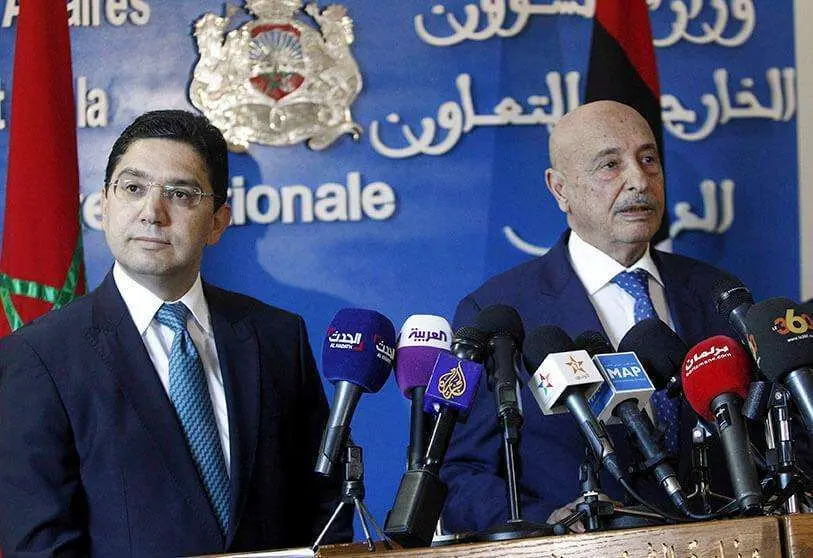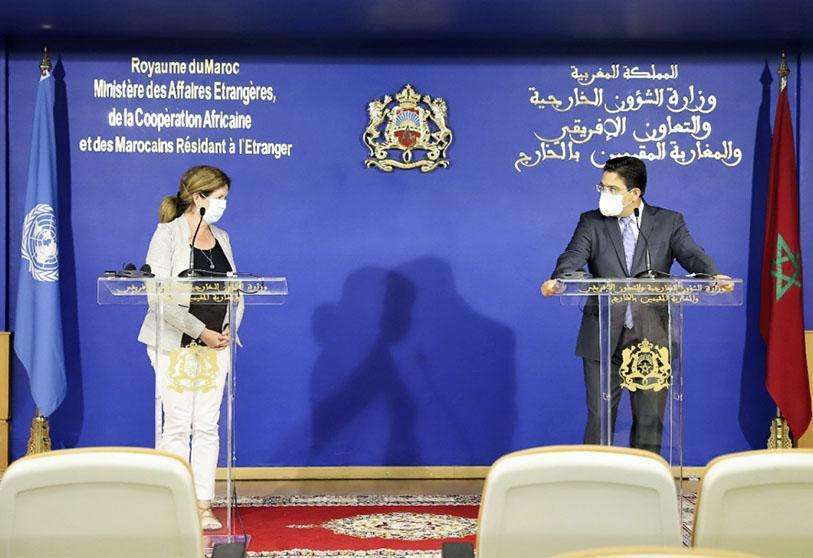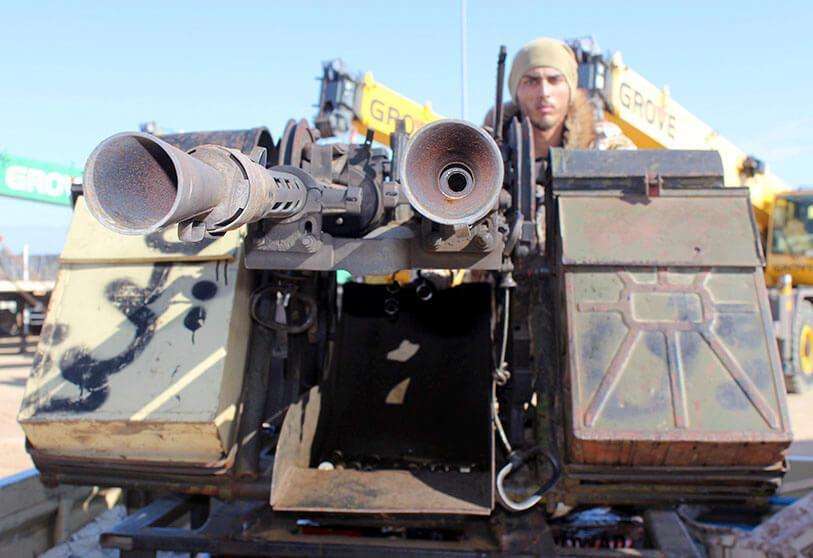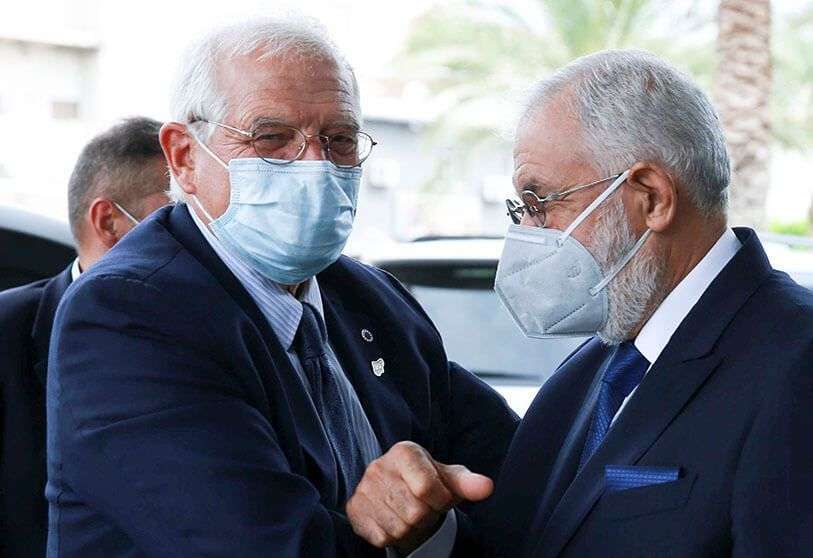Nasser Bourita: “La solución a la crisis en Libia debe ser decidida por los propios libios”

The city of Bouznika, some 40 kilometres south of Rabat, was chosen as the place to bring the two rival governments in Libya closer together and thus try to resume political dialogue. This weekend both sides expressed the need to reach a peaceful solution and avoid the war that is gradually devastating the African country.
On Sunday, the Moroccan foreign minister, Nasser Bourtia, called for a practical dialogue to prepare a peace agreement between the warring Libyan parties. In statements to the local press, the head of Moroccan diplomacy pointed out that dialogue between the parties to the conflict is the way "to restore confidence, build understandings, mature ideas and consensus and elaborate agreements". "The Kingdom has not changed its position according to the evolution of the situation on the ground. Morocco has no agenda but that of Libya, nor interest except for Libya, or a proposal beyond what was agreed by the Libyans", the Moroccan minister insisted at the opening of the talks in Bouznika.

This is not the first time that Morocco has decided to hold a negotiating table. As early as 2015, Rabat hosted the peace talks that led to the creation of the internationally recognised executive Government of National Accord (GNA). On this occasion the agreement reached was rejected by Haftar and other factions in the country, triggering a war between the two parties.
"The kingdom is ready to provide Libyans with a space to discuss (issues), according to their will, and will applaud them regardless of the outcome," Bourita said. The Moroccan foreign minister said that there are ongoing efforts to end the crisis in Libya, and stressed that the solution to the crisis in the North African country must be decided by the Libyans themselves, under the auspices of the United Nations.
A few days ago, the head of the United Nations Support Mission in Libya (UNSMIL) a.i., Stephanie Williams, visited Rabat as part of her consultations with the Libyan parties, as well as with regional and international partners, to find a solution.. This new round of talks, called the 'Libyan Dialogue', has brought together five members of the GNA and five members of parliament based in the city of Tobruk in eastern Libya and supporting the Libyan National Army (LNA), led by Marshal Khalifa Haftar.
Mohamed Najem, member of the Supreme Council of the Libyan State (representative of the Tripoli government), indicated that the meetings are aimed at overcoming the existing "blockage" and "relaunching the political process", according to the Efe agency.

"Libya is going through a security and health crisis aggravated by the coronavirus and other problems suffered by all Libyans because of this political division," Najem added. Although none of the participants have offered details about what was discussed in the consultations, according to the Moroccan news agency, MAP, "this dialogue aims to maintain the ceasefire and open negotiations to end the conflicts between the Libyan parties".
This meeting took place after the President of the Libyan High Council of State, Khaled Al Mechri, and the President of the Libyan Parliament, Aguila Saleh, visited Morocco at the invitation of the Speaker of the House of Representatives of the Alaouite Kingdom.
Last August 21, the two parties to the conflict declared an immediate ceasefire. The Libyan Prime Minister, Fayez Sarraj, announced this cessation of all hostilities with the ultimate aim of restoring “full sovereignty over Libyan territory and the departure of foreign forces and mercenaries”, according to the 'Libya Observer'.
In the same announcement, Mr Sarraj called for parliamentary and presidential elections to be held in March and advocated that the city of Sirtre and the district of Al Jufra, under the control of Haftar's forces, should become demilitarised zones until a security agreement is reached. This ceasefire was applauded by the international community, and although Haftar did not speak out personally, it was welcomed by his factions.

Russia, which supports Haftar, applauded the announcement of the truce through a Foreign Ministry source who called for "starting the political process" to achieve peace in the country. "We always welcome this kind of statement (...) We always propose an immediate armistice", the Russian agency Sputnik reported.
The European Union also welcomed this decision. Last week, the European Union's High Representative for Foreign Policy and Security visited Tripoli and met with Sarraj to show his support for the peace process in the North African country.
Since the fall of Muammar al-Qadhafi's regime in 2011, Libya has fallen into deep instability, with two governments facing off in a civil war that has led to the proliferation of armed militias and plunged much of its population into poverty. .
Libya is the country with the largest oil reserves in Africa, but the consequences of the conflict for the oil sector have been devastating, as they have reduced crude oil production to less than 100,000 barrels per day compared to the 1.8 million it extracted in Gaddafi's time.








